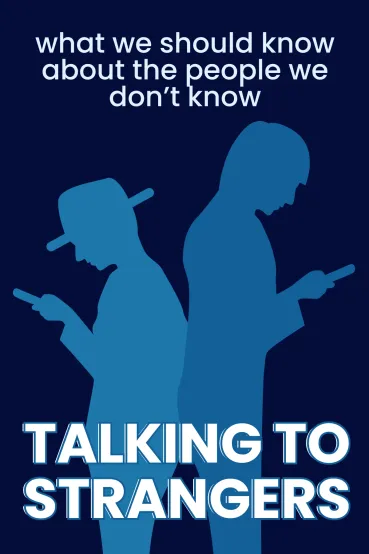
Talking to Strangers
Brief Summary
There is rarely a day in our lives when we don’t have to deal with other people. Often, those people are complete strangers to us, making dealing with them even more challenging. What problems do we encounter when approaching a stranger, and how does it limit us? “Talking to Strangers” by Malcolm Gladwell will tell you all about it.
Topics
Key points
Key idea 1 of 8
Almost every day, we have to interact with strangers. Strangers surround us, playing essential and minor roles in our lives. Some stay and become close to us, others we only ever see once. Either way, it’s crucial to acknowledge the significance of these interactions.
After all, any person in our lives was once nothing more than a stranger to us. It’s vital to realize how much of an impact strangers can have on us and vice versa. People choose to befriend a stranger, help a stranger in need, or let a stranger teach their kids in school. These interactions hold society together.
And still, as vital as it is, no one is teaching us to talk to strangers the way we learn math at school – in concrete terms and from a young age. Of course, our parents might teach us a thing or two, but we get most of it from life experience.
Learning from experience is great, of course. After all, nothing is more personalized than that. But it also means that we make lots of mistakes on the way. As we go, we develop different strategies and ways of understanding others. However, those strategies often stem from limited experience and, as a result, are incorrect.
It's crucial to realize that our perception of strangers is never objective, mainly for two reasons. Firstly, our inherent bias, based on our beliefs and perceptions of society, limits our understanding. Secondly, we tend to jump to conclusions instead of taking the time to gather information and make reasonable decisions. That is why we build our impressions based on minimal knowledge. Of course, those impressions are wrong more often than not.
We are prone to believing that we understand others much better than ourselves. We judge others but would never judge ourselves the same way. But if you take one thing out of this book, it’s that strangers are never easy.
FAQ
You may also like these summaries











